Jesus spoke of the Kingdom with the same understanding in Matthew 7:21: “Not everyone who says ‘Lord, Lord’ to me will come into the Kingdom of Heaven, but he who does the will of my Father who is in heaven.” … When Matthew 7:21 is translated back into Hebrew, one recognizes its proverbial form in which there is no real future tense.
Parables and Foundations

(Mishnah, Avot 3:18)
Bedrock and Sand
Jesus’ parable in Matthew 7:24-27 presents this theme in much the same way:
A person who hears these words of mine and does them, what is he like?
Withered Fig Tree

Matt. 21:18-20; Mark 11:12-14, 20-21 (Huck 199, 201; Aland 272, 275; Crook 308, 310)For abbreviations and bibliographical references, see “Introduction to ‘The Life of Yeshua: A Suggested Reconstruction.'”
Quieting a Storm
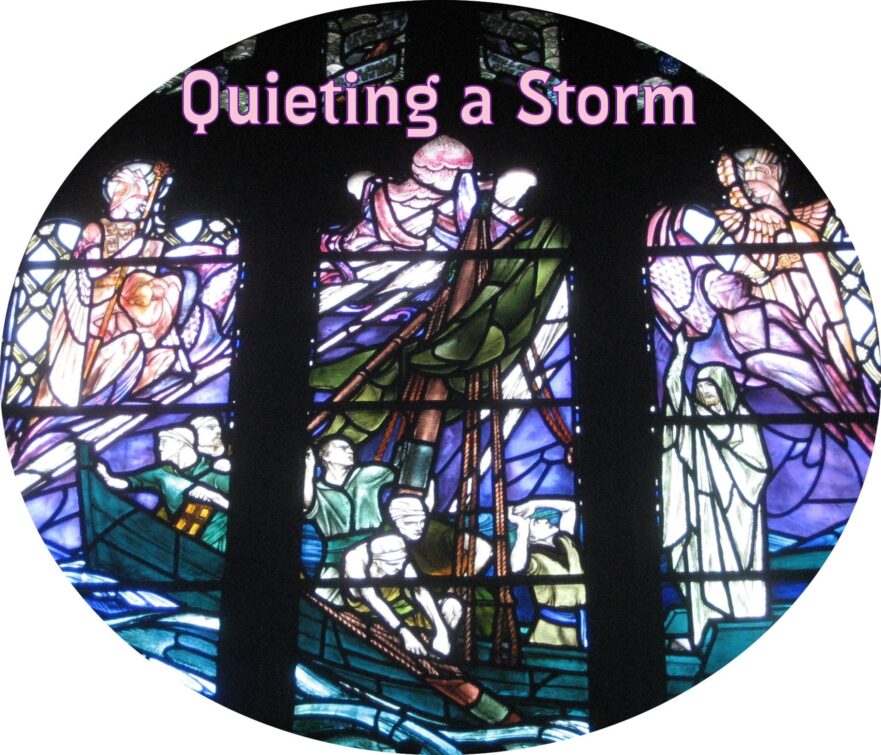
How to cite this article:
Joshua N. Tilton and David N. Bivin, “Quieting a Storm,” The Life of Yeshua: A Suggested Reconstruction (Jerusalem Perspective, 2022) .
A Measure of Humility

— wp:paragraph –>
Jesus said, “With the measure you measure, it will be measured to you” (Matt. 7:2; Luke 6:38), a saying that was used by rabbinic sages to teach the moral principle that the way we treat others will be the way God treats us.
Jesus’ Twin Parables
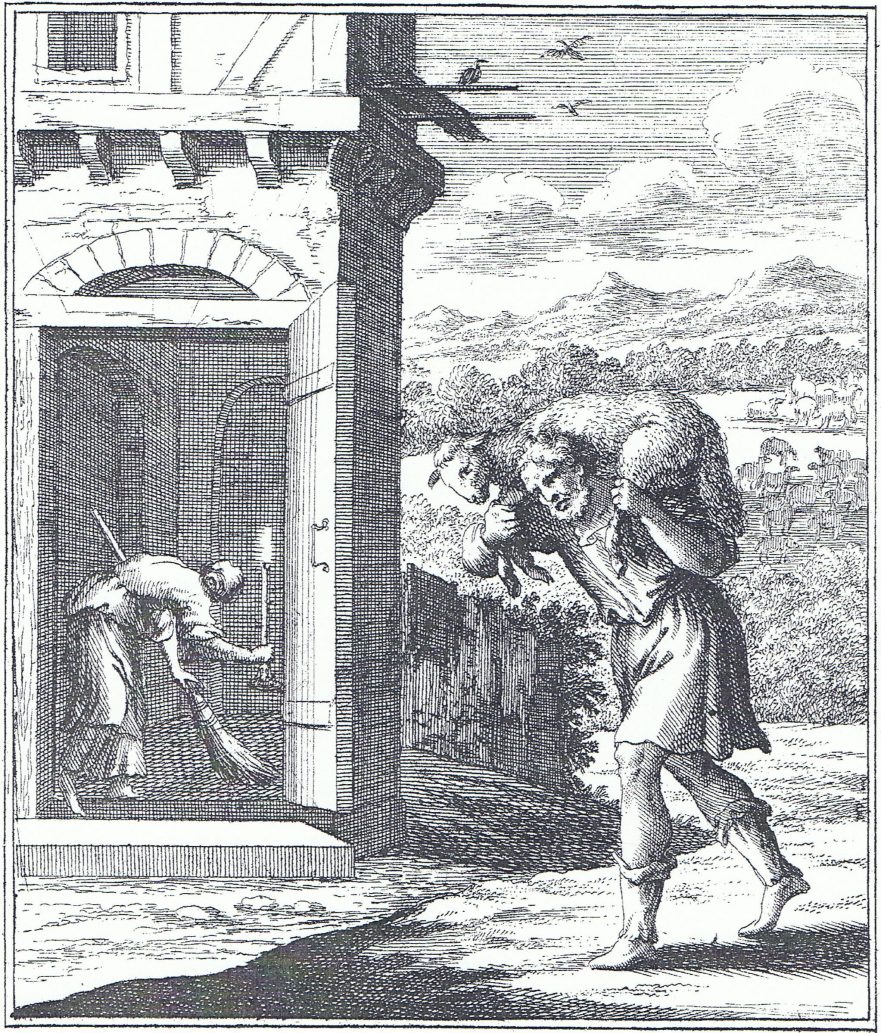
Next, we could add to this story the teaching discourse found in Matthew 7:7-11:
Ask, and it will be given you.
“And” or “In order to” Remarry?

How to cite this article: David N. Bivin, “‘And’ or ‘In order to’ Remarry?” Jerusalem Perspective 50 (1996): 10-17, 35-38 .
Why Do You Call Me ‘Lord’?
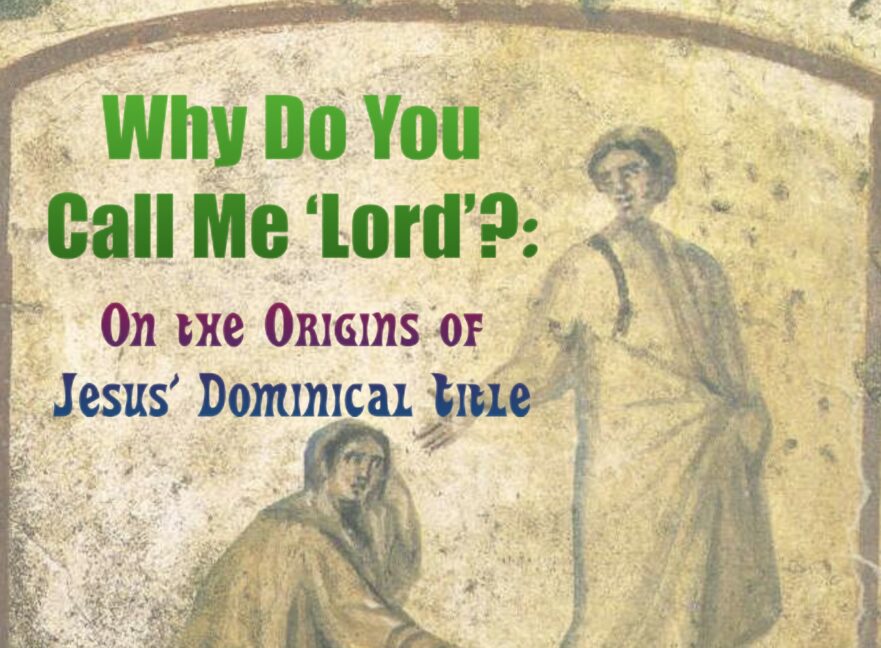
How to cite this article: JP Staff Writer, “Why Do You Call Me ‘Lord’?: On the Origins of Jesus’ Dominical Title,” Jerusalem Perspective (2024)
Jesus’ Words, Evangelist’s Contribution and Implicit Biblical Reference: The Case of Matthew 21:43-44
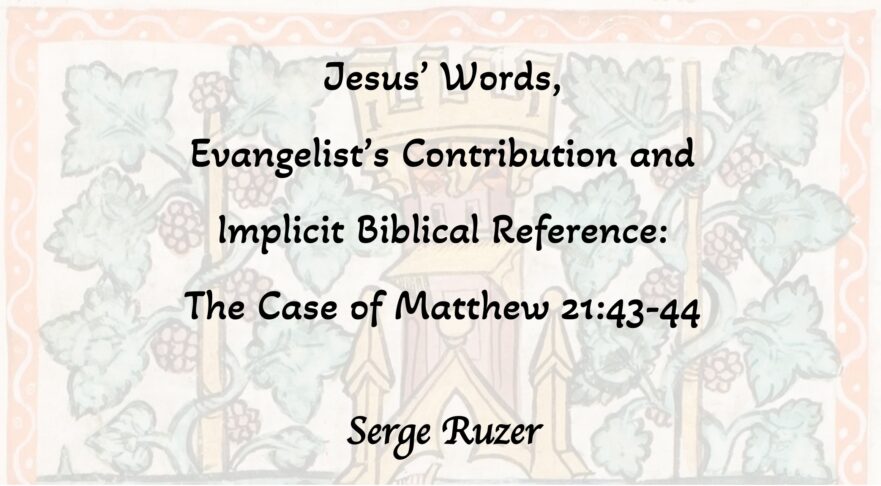
How to cite this article: Serge Ruzer, “Jesus’ Words, Evangelist’s Contribution and Implicit Biblical Reference: The Case of Matthew 21:43-44,” Jerusalem Perspective (2024) .
JPs New Search Could Transform Your Study

Here are some examples: Matt 6:19-21 or Matt 6-9 Dwelling or Matt 6-9 NOT Dwelling To see more examples and to learn how to capitalize on this new power, we’ve created a special page.
“It Is Said to the Elders”: On the Interpretation of the So-called Antitheses in the Sermon on the Mount

This impression is confirmed when we read, at the conclusion of the sermon, that Jesus “taught them as one having authority and unlike their scribes” (Matt. 7:29).
Private: Robert Lindsey’s Revolutionary Theory of the Gospels

He did the same with teaching sections, placing each teaching section next to other such sections (resulting in such complexes as the Sermon on the Mount, 0100400007000
Beating the (Thorny) Bushes

— wp:paragraph {“dropCap”:true} –>
In recording Jesus’ warnings about “false prophets” (probably fake disciples), Matthew contrasts akantha (thorn bushes) with staphyle (grapes), and tribolos (thistle) with sykon (figs) (Matt 7:16); whereas, Luke contrasts akantha (thorn bushes) with sykon (figs), and batos (bramble bush) with staphyle (grapes) (Matt 6:44)…. (Matt 7:16, NKJ)…. — wp:paragraph –>
For the same two reasons, “thistles” seems out of place in the translation of Matthew 7:16.
Jesus’ Jewish Command to Love

Otherwise, “with the judgment you pronounce you will be judged, and the measure you give will be the measure you get” (Matt. 7:2).
Let the One Who Has Ears to Hear, “Hear!”
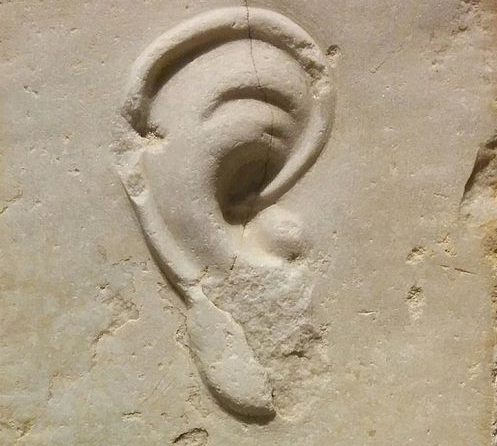
— wp:paragraph –>
While adaptation of existing parables is common in Rabbinic Judaism, Christian students are surprised to observe how closely Jesus’ parable of The House Built upon the Rock (Matt. 7:24-27; Luke 6:47-49) resembles an ancient similitude in Avot de-Rabbi Natan (Version A, chap. 24; Goldin, p. 103).
The Theological Significance of the Parable in Rabbinic Literature and the New Testament

When he was alone, the Twelve and others who were around him questioned him about the parables. He replied, “To you the secret of the kingdom of God has been given; but to those who are outside, everything comes by way of parables, so that (as Scripture says) they may look and look, but see nothing; they may hear and hear, but understand nothing; otherwise they might turn to God and be forgiven.”
(Mark 4:10-12; NEB)
Cataloging the Gospels’ Hebraisms: Part Two (Luke 9:51-56)

This variation occurs twice in Mark (Mark 1:9; 4:4); 5 times in Matthew (Matt. 7:28; 11:1; 13:53; 19:1; 26:1); 22 times in Luke (Luke 1:8, 23, 41, 59; 2:1, 6, 15, 46; 7:11; 9:18, 28, 33, 37; 11:1, 14, 27; 17:14; 19:29; 20:1; 24:30; 24:51). 2) subjectless ἐγένετο + time phrase (as here, in Luke 9:51: “when the days were fulfilled”) + kai (and) + finite verb (as here, in Luke 9:51: “he set”).


